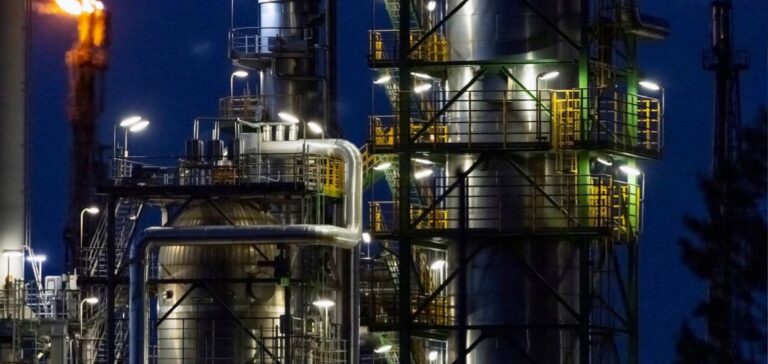German refinery operators are looking for alternatives to Russian hydrocarbons. The stated goal is to free itself from dependence on Russian oil by the end of the year. The stakes are high for the European Union’s largest oil market.
The solution of the nationalization of the refineries under Russian control
According to official figures, Germany imported more than a third of its crude from Russia last year. In April, Berlin’s mayor, Franziska Giffey, was already concerned about the importance of the Schwedt refinery for the country’s oil supply. German law permits the takeover of foreign companies in emergency situations.
Germany has placed the Schwedt refinery, formerly controlled by the Russian company Rosneft, under state control. This is also the case with the Leuna refinery, which is supplied with Russian oil via the Druzhba pipeline.
The end of the dependence on Russian oil?
The government is now working with an energy producer in Poland and is in talks with Kazakhstan to find alternatives to Russian oil. TotalEnergies has also stated its intention to end its dependence on Russian oil as soon as possible.
The Miro refinery, partly owned by Rosneft and also under state control, obtains its crude oil through the Transalpine pipeline (TAL). It runs from the Mediterranean port of Trieste through Bavaria to Karlsruhe.
The German government has also nationalized Varo Energy, which has a stake in the Bavarian refinery Bayernoil. The Bavarian-based company has indicated that it obtains its supplies from suppliers other than Russia.
Germany received 32% of its crude oil from Russia between January and June, compared with 40% before the invasion, according to BAFA figures. In June, the share of Russian oil imports was only 24%. The majority of oil transits via Rotterdam, but Germany also uses the infrastructure of the North Sea port of Wihelmshaven.






















